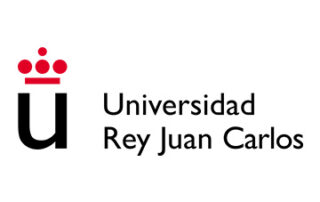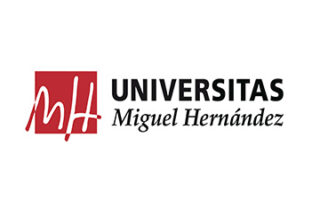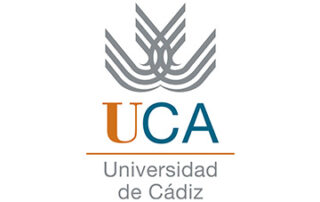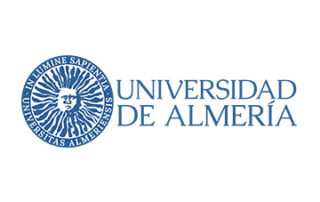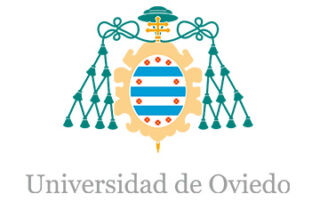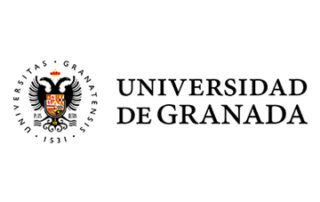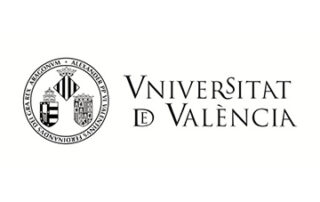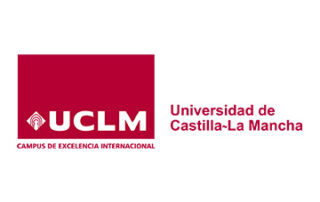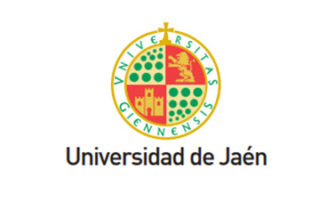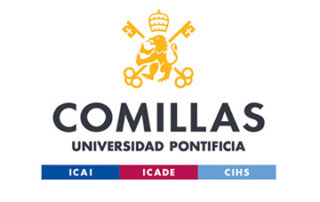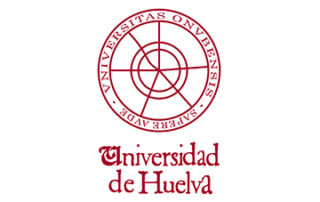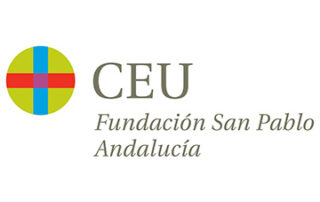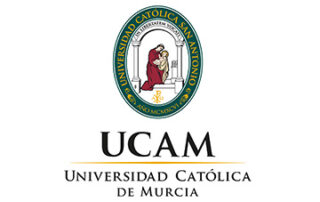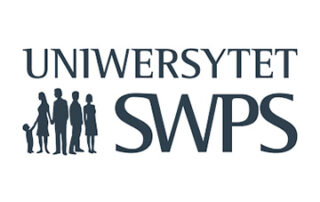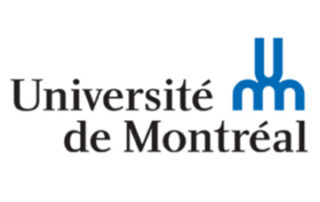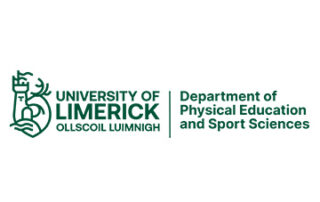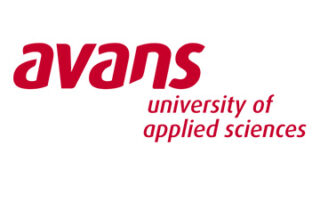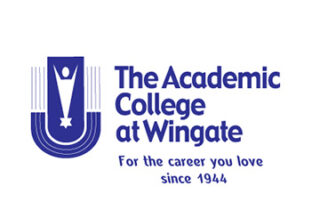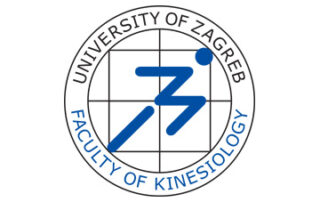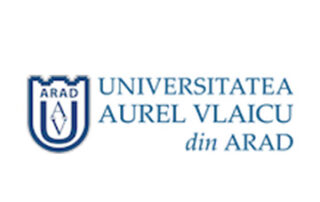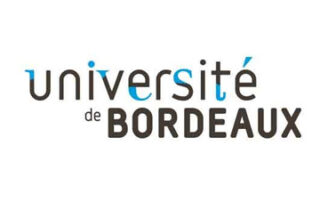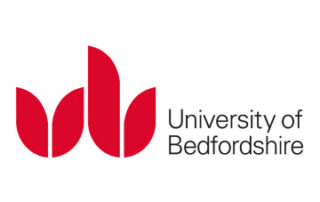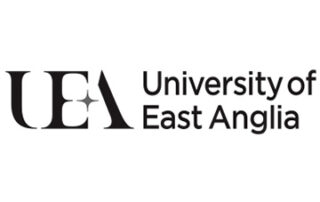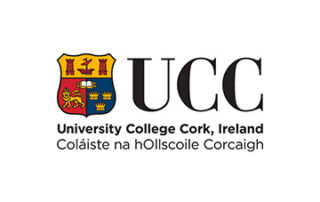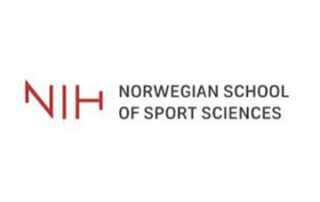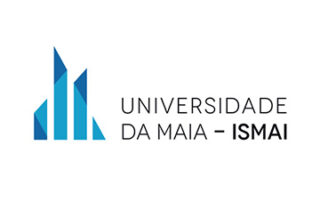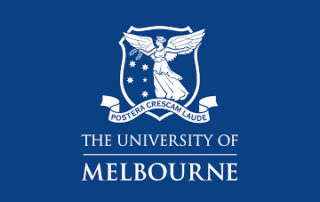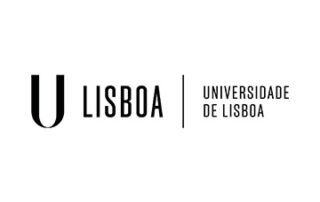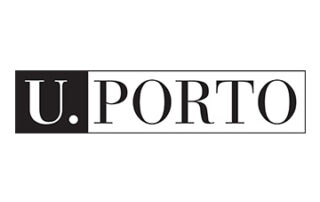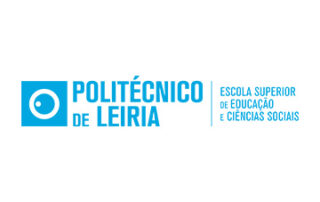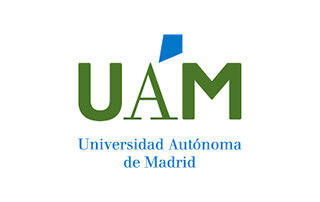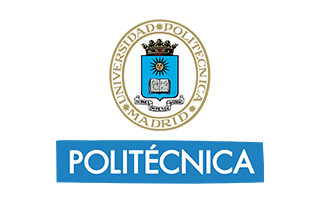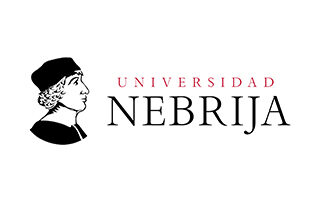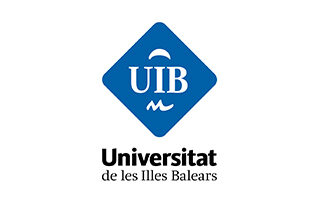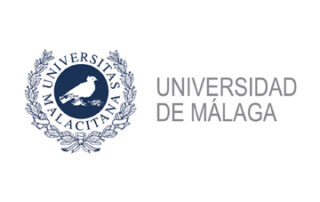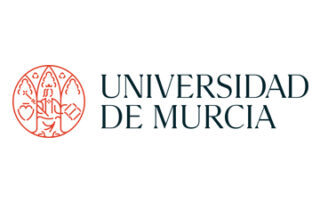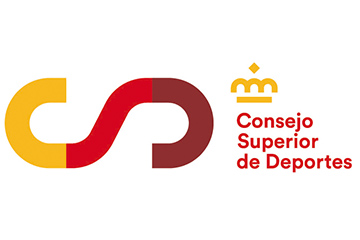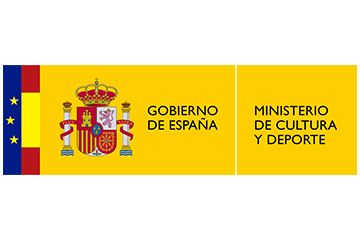Research
The International Research Network on Physical Education and Healthy Lifestyle Promotion works fundamentally in three research lines.
1.
Implementation of pedagogical models in Physical Education
2.
Teaching intervention and motivational variables for the development of positive experiences in Physical Education
3.
Development of school interventions to promote healthy habits
 Articles and Publications
Articles and Publications
Equidad de género y motivación en Educación Física: ¿podría ayudarnos la hibridación de modelos pedagógicos?. Movimento, e29032-e29032.
https://doi.org/10.22456/1982-8918.128080
Seldas, M., & García López, L. M. (2023).
Benefits of hybridising the activist approach and teaching games for understanding to empower girls in physical education. Curriculum Studies in Health and Physical Education, 1-17.
https://doi.org/10.1080/25742981.2023.2265351
Garcia-Gonzalez, L., Santed, M., Escolano-Perez, E., & Fernandez-Río, J. (2023).
High- versus Low-structured cooperative learning in secondary physical education: impact on prosocial behaviours at different ages. European Physical Education Review, 29(2), 199-214.
https://doi.org/10.1177/1356336X221132767
Gutiérrez, D., García-López, L. M., Hastie, P. A., & Segovia, Y. (2022).
Adoption and fidelity of Sport Education in Spanish schools. European Physical Education Review, 28(1), 244-262.
https://doi.org/10.1177/1356336X211036066
Gil-Arias, A., Harvey, S., Morante, Ó. M., Claver, F., & Fernández-Río, J. (2022).
Teacher and Student’s Perspectives on Their Experiences Within Hybrid Sport Education-Cooperative Learning Pedagogical Model Units in Elementary Physical Education. Journal of Teaching in Physical Education, 42(3), 452–460.
https://doi.org/10.1123/jtpe.2021-0304
Morales-Belando, M. T., Kirk, D., & Arias-Estero, J. L. (2022).
A systematic review of teaching games for understanding intervention studies from a practice-referenced perspective. Research Quarterly for Exercise and Sport, 93(4), 670-681.
https://doi.org/10.1080/02701367.2021.1897066
Fernandez-Rio, J., & Iglesias, D. (2022).
What do we know about pedagogical models in physical education so far? An umbrella review. Physical Education and Sport Pedagogy.
https://doi.org/10.1080/17408989.2022.2039615
Evangelio, C., González-Víllora, S., Fernandez-Rio, J., & Peiró-Velert, C. (2022).
Students’ perceptions on three-way pedagogical models hybridization: contributing to the development of active identities. Sport, Education and Society, 27(6), 717-731.
https://doi.org/10.1080/13573322.2021.1907327
Gil-Arias, A., Claver, F., Práxedes, A., Del Villar, F., & Harvey, S. (2020).
Autonomy support, motivational climate, enjoyment and perceived competence in physical education: Impact of a hybrid teaching games for understanding/sport education unit. European Physical Education Review, 26(1), 36-53.
https://journals.sagepub.com/doi/abs/10.1177/1356336X18816997
Carriedo, A., Fernandez-Río, J., Mendez-Gimenez, A. y Cecchini, J. (2020).
Test de condición física: modelo tradicional versus modelo de educación deportiva. Revista Internacional de Medicina y Ciencias de la Actividad Física y del Deporte. En prensa.
http://cdeporte.rediris.es/revista/inpress/arttest1326.pdf
Peiró-Velert, C., Pérez-Gimeno, E., & Valencia-Peris, A. (2012).
Facilitación de la autonomía en el alumnado dentro de un modelo pedagógico de educación física y salud. Tándem: Didàctica de la Educación Física, 40, 28-44.
https://www.grao.com/es/producto/facilitacion-de-la-autonomia-en-el-alumnado-dentro-de-un-modelo-pedagogico-de-educacion-fisica-y-salud
Meroño, L., Calderón, A., & Arias-Estero, J. L. (2021).
Digital pedagogy and cooperative learning: Effect on the technological pedagogical content knowledge and academic performance of pre-service teachers. Revista de Psicodidáctica. En prensa.
https://doi.org/10.1016/j.psicoe.2020.10.002
Pozo, P., Grao-Cruces, A., & Pérez-Ordás, R. (2018).
Teaching personal and social responsibility model-based programmes in physical education: A systematic review. European Physical Education Review, 24(1), 56–75.
https://doi.org/10.1177/1356336X16664749.
Fernández-Espínola, C., Abad, M. T., Collado-Mateo, D., Almagro, B. J., Castillo, E., y Giménez, F. J. (2020).
Effects of cooperative-learning interventions on Physical Education students’ intrinsic motivation: A systematic review and meta-analysis. International Journal of Environmental Research and Public Health, 17, 4451.
https://doi.org/10.3390/ijerph17124451
García-López, L. M., Gutiérrez, D., Sánchez-Mora, D., & Harvey, S. (2019).
Teachers’ use of teaching games for understanding in Central Spain. Physical Education and Sport Pedagogy, 24(5), 463-477.
https://doi.org/10.1080/17408989.2019.1628931
García-González, L., Abós, A., Diloy-Peña, S., Gil-Arias, A. y Sevil-Serrano, J. (2020).
Can a Hybrid Sport Education/Teaching Games for Understanding Volleyball Unit Be More Effective in Less Motivated Students? An Examination into a Set of Motivation-Related Variables. Sustainability, 12, 6170.
https://doi.org/10.3390/su12156170
Morgan, K., Bryant. A., Edwards, L., & Mitchell-Williams, E. (2018).
Transferring primary generalists’ positive classroom pedagogy to the physical education setting: A collaborative PE-CPD process. Physical Education and Sport Pedagogy. 24(1), 43-58.
https://doi.org/10.1080/17408989.2018.1533543
Bessa, C., Hastie, P., Araújo, R., & Mesquita, I. (2019).
What Do We Know About the Development of Personal and Social Skills within the Sport Education Model: A Systematic Review. Journal of Sports Science and Medicine 18, 812-829.
https://www.jssm.org/volume18/iss4/cap/jssm-18-812.pdf
Hordvik, M., Fletcher, T., Haugen, A., Engebretsen, B., & Møller, L. (2020).
A collaborative approach to teaching about teaching models-based practice: Developing coherence in one PETE module. Physical Education and Sport Pedagogy, 1-15.
https://doi.org/10.1080/17408989.2020.1812558
Legrain, P., & Escalie, G., & Chaliès, S. (2019).
Cooperative learning: A relevant instructional model for physical education pre-service teacher training. Physical Education and Sport Pedagogy, 24, 73-86.
https://doi.org/10.1080/17408989.2018.1561838
Harvey, S., Cushion, C & Sammon, P. (2015)
Dilemmas faced by pre-service teachers when learning about and implementing a game-centred approach. European Physical Education Review, 21 (2), pp.238-256.
https://doi.org/10.1177/1356336X14560773
Casey, A., MacPhail, A., Larsson, H. & Quennerstedt, M. (2021)
Between hope and happening: Problematizing the M and the P in models-based practice, Physical Education and Sport Pedagogy, 26: 2, 111-122.
https://doi.org/10.1080/17408989.2020.1789576
Is high teacher directiveness always negative? Associations with students’ motivational outcomes in physical education. Teaching and Teacher Education, 132, 104216.
https://doi.org/10.1016/j.tate.2023.104216
Leo, F. M., López-Gajardo, M. A., Rodríguez-González, P., Pulido, J. J., & Fernández-Río, J. (2023).
How class cohesion and teachers’ relatedness supportive/thwarting style relate to students’ relatedness, motivation, and positive and negative outcomes in physical education. Psychology of sport and exercise, 65, 102360.
https://doi.org/10.1016/j.psychsport.2022.102360
Fierro-Suero, S., Saénz-López, P., Carmona-Márquez, J., y Almagro, B. J., (2023).
Achievement emotions, intention to be physically active, and academic achievement in physical education: Gender differences. Journal of Teaching in Physical Education, 42, 114-122.
https://doi.org/10.1123/jtpe.2021-0230
González-Cutre, D., Brugarolas-Navarro, M., Beltrán-Carrillo, V. J., & Jiménez-Loaisa, A. (2023).
The frustration of novelty and basic psychological needs as predictors of maladaptive outcomes in physical education. Physical Education and Sport Pedagogy.
https://doi.org/10.1080/17408989.2023.2167969
Baños, R., Calleja-Núñez, J. J., Espinoza-Gutiérrez, R., & Granero-Gallegos, A. (2023).
Mediation of academic self-efficacy between emotional intelligence and academic engagement in Physical Education undergraduate students. Frontiers in Psychology, 14.
https://doi.org/10.3389/fpsyg.2023.1178500
Fierro-Suero, S., Castillo, I., Almagro, B. J., y Saénz-López, P. (2023).
The role of motivation and emotions in physical education: understanding academic achievement and the intention to be physically active. Frontiers in Psychology, 14.
https://doi.org/10.3389/fpsyg.2023.1253043
Burgueño, R., Abós, A., García-González, L. y Sevil, S. (2022).
Students’ motivational experiences across profiles of perceived need-supportive and need-thwarting teaching behaviors in physical education. Physical Education and Sport Pedagogy.
https://doi.org/10.1080/17408989.2022.2028757
Peiró-Velert, C., García-Massó, X., Pérez-Gimeno, E., Lizandra, J., Valencia-Peris, A., & Devís-Devís, J. (2022).
Capturing the multidimensionality of motivation in physical education: A self-organizing maps approach to profiling students. European Physical Education Review, 28(4), 852-872.
https://doi.org/10.1177/1356336X221088396
Ferriz, R., Jiménez-Loaisa, A., González-Cutre, D., Romero-Elías, M., & Beltrán-Carrillo, V. J. (2021).
A self-determined exploration of adolescents’ and parents’ experiences derived from a multidimensional school-based physical activity intervention. Journal of Teaching in Physical Education, 41(1), 68-77.
https://journals.humankinetics.com/view/journals/jtpe/41/1/article-p68.xml
García-González, L., Sevil, J., Abós, A., Aelterman, N. y Haerens, L. (2019).
The role of task and ego-oriented climate in explaining students’ bright and dark motivational experiences in Physical Education. Physical Education and Sport Pedagogy, 24(4), 344-358.
https://doi.org/10.1080/17408989.2019.1592145
Sánchez-Oliva, D., Pulido-González, J. J., Leo, F. M., González-Ponce, I., & García-Calvo, T. (2017).
Effects of an intervention with teachers in the physical education context: A Self-Determination Theory approach. PloS One, 12, e0189986.
https://doi.org/10.1371/journal.pone.0189986
Baena-Extremera, A. y Granero-Gallegos, A (2015).
Modelo de predicción de la satisfacción con la educación física y la escuela. Revista de Psicodidáctica, 20(1), 177-192.
https://www.redalyc.org/pdf/175/17532968010.pdf
Lizandra, J. & Peiró-Velert, C. (2020).
Las relaciones sociales y su papel en la motivación hacia la práctica de actividad física en adolescentes: Un enfoque cualitativo. Retos: Nuevas tendencias en educación física, deporte y recreación, 37(1), 41-47.
https://doi.org/10.47197/retos.v37i37.70374
Leyton-Román, M., Núñez, J. L., & Jiménez-Castuera, R. (2020).
The Importance of Supporting Student Autonomy in Physical Education Classes to Improve Intention to Be Physically Active. Sustainability, 12(10), 4251.
https://doi.org/10.3390/su12104251
Cecchini, J. A., Sánchez-Martínez, B., Mendez-Giménez, A. y Fernandez-Río, J. (2019).
Repercusiones de las competiciones deportivas escolares en el clima motivacional, la competencia percibida la motivación intrínseca y el esfuerzo. Revista de Psicología del Deporte, 28(2), 13-22
https://ddd.uab.cat/pub/revpsidep/revpsidep_a2019v28n2/revpsidep_a2019v28n2p13.pdf
Beltrán-Carrillo, V.J. y Devís-Devís, J. (2019).
El pensamiento del alumnado inactivo sobre sus experiencias negativas en educación física: los discursos del rendimiento, salutismo y masculinidad hegemónica. RICYDE. Revista Internacional de Ciencias del Deporte, 15(55), 20-34.
https://www.cafyd.com/REVISTA/ojs/index.php/ricyde/article/view/1528
Ruiz-Ariza, A., Suárez-Manzano, S., López-Serrano, S., & Martínez-López, E. J. (2019).
The effect of cooperative high-intensity interval training on creativity and emotional intelligence in secondary school: A randomised controlled trial. European Physical Education Review, 25(2), 355–373.
https://journals.sagepub.com/doi/full/10.1177/1356336X17739271
Grao-Cruces, A., Racero-García, A., Sánchez-Oliva, D., Blanco-Luengo, D., Nuviala, A., & García-Calvo, T. (2020).
Associations between weight status and situational motivation toward fitness testing in physical education: The mediator role of physical fitness. International Journal of Environmental Research and Public Health, 17(13), 4821.
http://dx.doi.org/10.3390/ijerph17134821.
Fierro-Suero, S., Almagro, B. J., Castillo, I., y Sáenz-López, P. (2020).
Herramienta de Observación del Clima Interpersonal Motivacional (OCIM) para docentes de Educación Física. Cultura, Ciencia y Deporte, 15(46), 575-596.
https://ccd.ucam.edu/index.php/revista/article/view/1647
Franco, E., Coterón, J., Huéscar, E., & Moreno-Murcia, J. A. (2020).
A person-centered approach in physical education to better understand low-motivation students. Journal of Teaching in Physical Education, 39(1), 91-101.
https://doi.org/https://doi.org/10.1123/jtpe.2019-0028
González-Cutre, D. (2017).
Estrategias didácticas y motivacionales en las clases de educación física desde la teoría de la autodeterminación. E-Motion: Revista de Educación, Motricidad e Investigación, 8, 44-62.
http://rabida.uhu.es/dspace/bitstream/handle/10272/14277/Estrategiaspdf?sequence=2
Rodrigues, F., Monteiro, D., Teixeira, D., & Cid, L. (2020)
Understanding motivational climates in physical education classes: How students perceive learning and performance-oriented climates by teachers and peers. Current Psychology.
https://doi.org/10.1007/s12144-020-01047-x
Bartholomew, K. J., Ntoumanis, N., Mouratidis, A., Katartzi, E., Thøgersen-Ntoumani, C., & Vlachopouloos, S. (2018)
Beware of your teaching style: A school-year long investigation of controlling teaching and student motivational experiences. Learning and Instruction, 53, 50-63.
https://doi.org/10.1016/j.learninstruc.2017.07.006
Boonekamp, G. M., Dierx, J. A., & Jansen, E. (2020)
Motivating students for physical activity: What can we learn from student perspectives? European Physical Education Review.
https://doi.org/10.1177/1356336X20970215
Haerens, L., Vansteenkiste, M., De Meester, A., Delrue, J., Tallir, I., Van de Broek, G., Goris, W., Aelterman, N. (2018)
Different Combinations of Perceived Autonomy Support and Control : Identifying the Most Optimal Motivating Style. Physical Education and Sport Pedagogy 23 (1), 16–36.
https://doi.org/10.1080/17408989.2017.1346070
Muntaner-Mas, A., Morales, J. S., Martínez-de-Quel, Ó., Lubans, D. R., & García-Hermoso, A. (2023).
Acute effect of physical activity on academic outcomes in school-aged youth: A systematic review and multivariate meta-analysis. Scandinavian journal of medicine & science in sports.
https://doi.org/10.1111/sms.14479
Sánchez-Oliva, D., Leech, R. M., Esteban-Cornejo, I., Cristi-Montero, C., Pérez-Bey, A., Cabanas-Sánchez, V., Grao-Cruces, A., & Castro-Piñero, J. (2023).
Sedentary behavior profiles and longitudinal associations with academic performance in youth: The UP&DOWN study. Journal of Sports Sciences, 41(2), 181-189.
https://doi.org/10.1080/02640414.2023.2204584
Rocliffe, P., O’Keeffe, B., Walsh, L., Stylianou, M., Woodforde, J., García-González, L., O’Brien, W., Coppinger, T., Sherwin, I., Mannix-McNamara, P., & MacDonncha, C. (2023).
The impact of typical school provision of Physical Education, physical activity and sports on adolescent physical activity behaviors: a systematic literature review. Adolescent Research Review.
https://doi.org/10.1007/s40894-022-00200-w
Tapia-Serrano, M. A., Sevil-Serrano, J., Sánchez-Oliva, D., Vaquero-Solís, M., & Sánchez-Miguel, P. A. (2022).
Effects of a school-based intervention on physical activity, sleep duration, screen time, and diet in children. Revista de Psicodidáctica, 27(1), 56-65.
https://doi.org/10.1016/j.psicoe.2021.06.00
Saiz-González, P., Iglesias, D., & Fernández-Río, J. (2023).
Pedagogical models, physical activity and intention to be physically active: A systematic review. Quest.
https://doi.org/10.1080/00336297.2023.2209734
Zamorano-García, D., Infantes-Paniagua, A., Cuevas-Campos, R. & Fernández-Bustos, J.G. (2023):
Impact of Physical Activity-based Interventions on Children and Adolescents’ Physical Self-concept: A Meta-analysis. Research Quarterly for Exercise and Sport, 94(1), 1-14.
https://doi.org/10.1080/02701367.2021.1927945
Beltrán-Carrillo, V. J., Jiménez-Loaisa, A., González-Cutre, D., Sierra, A. C., & Valenciano-Valcárcel, J. (2023).
“You measure us and you depress us”: Healthism and the subjective impact of body measurements on secondary school students. Qualitative Health Research, 33(4), 297-307.
https://doi.org/10.1177/10497323231152155
Murcia López, S., Pastor Pastor, X., & Lizandra Mora, J. (2023).
Investigando el Proyecto Educativo Strava: un análisis desde las teorías motivacionales, la satisfacción de las necesidades psicológicas básicas y la intención de práctica de actividad física. Aula abierta, 52(2), 127-137.
https://doi.org/10.17811/rifie.49.3.2020
Galmes-Panades, A. M., Borràs, P. A., & Vidal-Conti, J. (2023).
Association of postural education and postural hygiene with low back pain in schoolchildren: Cross-sectional results from the PEPE study. Health promotion perspectives, 13(2), 157–165.
https://doi.org/10.34172/hpp.2023.19
Valencia-Peris, A., Lizandra, J., Cebriá-Carrión, S., & Evangelio Caballero, C. (2022).
Sensibilización sobre el sedentarismo en Educación Física a partir de la hibridación de dos modelos pedagógicos. Ensayos: Revista de la Facultad de Educacion de Albacete, 37(2), 64-82.
https://doi.org/10.18239/ensayos.v37i2.3173
Ferriz, R., Jiménez-Loaisa, A, González-Cutre, D., Romero-Elías, M., & Beltrán-Carrillo, V. J. (2022).
A self-determined exploration of adolescents’ and parents’ experiences derived from a multidimensional school-based physical activity intervention. Journal of Teaching in Physical Education, 41(1), 68-77.
https://doi.org/10.1123/jtpe.2020-0130
Sevil, J., García-González, L., Abós, A., Generelo, E., y Aibar, A. (2019).
Can High Schools Be an Effective Setting to Promote Healthy Lifestyles? Effects of a Multiple Behavior Change Intervention in Adolescents. Journal of Adolescent Health, 64(4), 478-486.
https://doi.org/10.1016/j.jadohealth.2018.09.027
González-Cutre, D., Sierra, A.C., Beltrán-Carrillo, V.J., Peláez-Pérez, M., & Cervelló, E. (2018).
A school-based motivational intervention to promote physical activity from a self-determination theory perspective. The Journal of Educational Research, 111(3), 320-330.
https://www.tandfonline.com/doi/abs/10.1080/00220671.2016.1255871?journalCode=vjer20
Sánchez-Miguel, P. A., Vaquero-Solís, M., Sánchez-Oliva, D., Pulido, J. J., López-Gajardo, M. A., & Tapia-Serrano, M. A. (2020).
Promoting Healthy Lifestyle through Basic Psychological Needs in Inactive Adolescents: A Protocol Study from Self-Determination Approach. Sustainability, 12(15), 5893.
http://dx.doi.org/10.3390/su12155893
Méndez-Giménez, A.,Cecchini, J. A., y Fernández-Río, J. (2017).
Efecto del material autoconstruido en la actividad física de los niños durante el recreo. Revista de Saúde Publica, 51(58), 1-7.
http://dx.doi.org/10.1590/S1518-8787.2017051006659
Ruiz-Ariza, A., Casuso, R. A., Suárez-Manzano, S., & Martínez-López, E. J. (2018).
Effect of augmented reality game Pokémon GO on cognitive performance and emotional intelligence in adolescent young. Computers & Education, 116, 49–63.
https://www.sciencedirect.com/science/article/pii/S0360131517302002
Grao-Cruces, A., Sánchez-Oliva, D., Padilla-Moledo, C., Izquierdo-Gómez, R., Cabanas-Sánchez, V., & Castro-Piñero, J. (2020).
Changes in the school and non-school sedentary time in youth: the UP&DOWN longitudinal study. Journal of Sports Sciences, 38(7), 780-786.
https://doi.org/10.1080/02640414.2020.1734310
Lebrero-Casanova, I., Almagro, B. J., y Sáenz-López, P. (2019).
Estilos de enseñanza participativos en las clases de Educación Física y su influencia sobre diferentes aspectos psicológicos. Espiral. Cuadernos del Profesorado, 12(25), 30-39.
http://dx.doi.org/10.25115/ecp.v12i25.2286
Sevil-Serrano, J., Aibar-Solana, A., Abós, A., Generelo, E., & García-González, L. (2020).
Improving motivation for physical activity and physical education through a school-based intervention. Journal of Experimental Education. En prensa.
https://doi.org/10.1080/00220973.2020.1764466
Martins, J., Marques, A., Peralta, M., Henriques-Neto, D., Costa, J., Onofre, M., & González Valeiro, M. (2020)
A comparative study of participation in physical education classes among 170,347 adolescents from 54 low-, middle-, and high-income countries. International Journal of Environmental Research and Public Health, 17, 5579.
https://doi.org/10.3390/ijerph17155579
Podnar, H., Jurić, P., Karuc, J., Saez, M., Barceló, M., Radman, I., Starc, G., Jurak, G., Đurić, S., Potočnik, Ž. & Sorić, M. (2021)
Comparative effectiveness of school‐based interventions targeting physical activity, physical fitness or sedentary behaviour on obesity prevention in 6‐ to 12‐year‐old children: A systematic review and meta‐analysis. Obesity reviews, 22 (2), 1-15
https://doi.org/10.1111/obr.13160.
Zach, S., Inglis, V., Zeev, A., Arnon, M., & Netz, Y. (2018)
Active and Healthy Lifestyle – Nationwide Programs in Israeli Schools. Health Promotion International, 33, 946-957.
https://doi.org/10.1093/heapro/dax034



